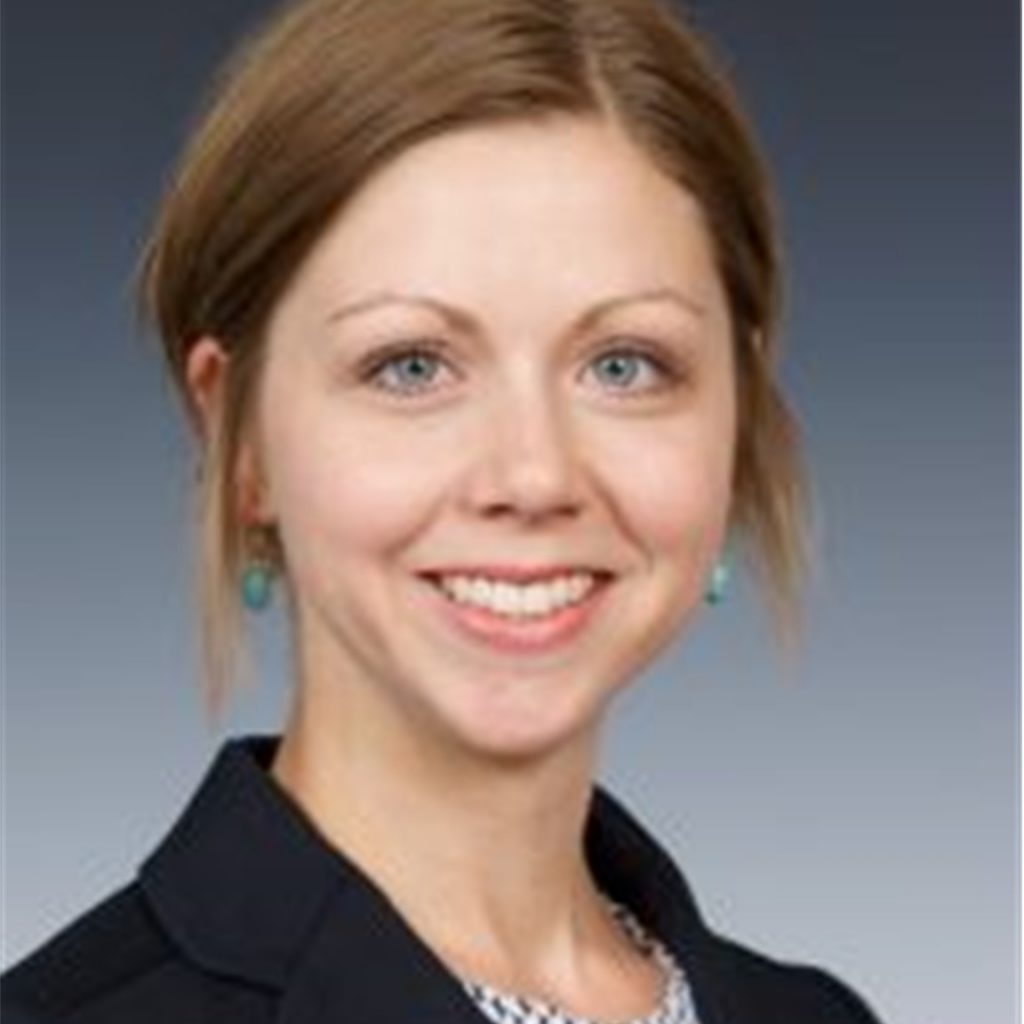Table of Contents
I’m here. I have a name.
I still dance, I cook, and laugh.
I’m known and I’m loved.
I’m here, your patient, looking at the space we share.
The waiting room, an ICU, a therapy gym.
I need trust, respect, and a healing touch.
Do you know me? Do you see me?
I’m here. I’m more than what your paper says.
I’m not cancer.
I’m not diabetes, not hypertension.
I’ve lost a leg, but I’m not some amputee.
I’m not a stroke, not Parkinson’s; I’m not an ACL, not a total hip.
I’m here. I have a name.
I’m open, honest, seeking your care.
I’m here and present on this journey we share.
Through training and instruction, from cues to independence.
See me, know me, look beyond.
I’m here and I’m more than what your paper says.
I’m no diagnosis.
My wheels carry me; I’m not confined.
I’m not cerebral palsy.
I’m not depressed, not a fracture.
I’ve struggled with pain, but I’m not defined by suffering.
I’m not Alzheimer’s, not spina bifida, or tendonitis, or anxiety.
How do you define me? What do you see?
See me, see all of me.
I’m your patient, complex, sum parts to a whole.
See me, see all of me.
Don’t call me a condition.
I’m here and I’m more.
I have a name.
Healthcare is desensitizing. Suffering becomes commonplace in our workplace, and rarities—truly new cases—are few and far between. Humanity is easily lost in the day-to-day healthcare routine, and perhaps understandably so. Best intentions are stretched thin after long daily hours and years of study.
As professionals, our own sacrifices abound. We are informed, dedicated, and ambitious. An early end-point may have been connection; but after years on the job, silos are formed. Time spent with a patient, the one who needs you, the ultimate goal, becomes swallowed by tasks and necessities. Our focus on productivity, although important and necessary, only serves to perpetuate our tendency to disconnect. Challenged are many to balance demand with limited emotional supply. Is this trade-off worth the price?
I often wonder: How did we get here? When did we stop thinking about the human being in front of us and start categorizing individuals by their diagnoses? Bad enough to categorize, we rarely use names and are unfit to emote. This trend of desensitization and disconnection doesn’t discriminate among providers. Physicians, therapists, nurses, and aides all tend to label patients. Educators often set bad examples as well.
Disengagement
So healthcare remains, understandably, disengaged. Media even joins in on the name-calling as reporters refer to people by their diagnoses and impairments rather than noting the individual strength of characters. An easy oversight, you could say, when the language of providers referencing clients solely by room number, or some self-deprecating patients so-naming themselves crippled or worthless is not called into question.
That stroke in room 202 has therapy today; the total hip needs a walker; the amputee is waiting for a prosthesis. He’s confined to a wheelchair and my 4:00 is cancer-stricken. She is too anxious, and the traumatic brain injury keeps acting inappropriately. The ACL repair is too eager to return to sport. Dementia patients always need more time. MS patients are all the same.
Restoring Humanity
Who will shift this conversation and its vast generalizations? We all have a responsibility to restore and value humanity in healthcare. Small, attainable changes are waiting at our fingertips. Simple shifts in language and awareness, being fully present with the other. Humanity is not a lofty goal; rather, a requisite along a journey to healing. If you seek to have an impact on others, then respect must be a part of your conversation.
Let’s Challenge Ourselves
Humility, humanity, and empathy: essential elements lost in the hustle of each day. How do we reset and infuse these necessary components into healthcare? What will you ask of yourself, how will you rise to the call? To be the one, to take the time, to invest in those in front of you requires dedication and a necessary awareness. Tomorrow, will Adam know you speak to him and not his diagnosis? Will Sarah be reassured by your warm smile, your gentle touch? Challenge yourself and others. Be the one to see.
About the Author(s)

Amanda LaLonde, PT, DPT, GCS
Amanda LaLonde, PT, DPT, GCS, received a Bachelor of Arts in Dance from the University of Wisconsin- Stevens Point in 2003, and is a 2008 graduate of the University of Wisconsin-Madison Program in Physical Therapy. In 2014, she earned her Transitional Doctor of Physical Therapy degree through The College of St. Scholastica. She is a Board Certified Geriatric Clinical Specialist through the American Board of Physical Therapy Specialists. Amanda is the Director of Clinical Education and an Assistant Professor in the Program in Physical Therapy at the University of Minnesota. Shaped by her own experiences as a clinician, Amanda strives to ensure students reflect on the complex role of clinical practice; seeing beyond a diagnosis or treatment plan to truly engage with their clients. Amanda notes that value in interaction and appreciation of the human side of healthcare is as important as new technology and treatment approaches.

This work is licensed under a Creative Commons Attribution 4.0 International License.

